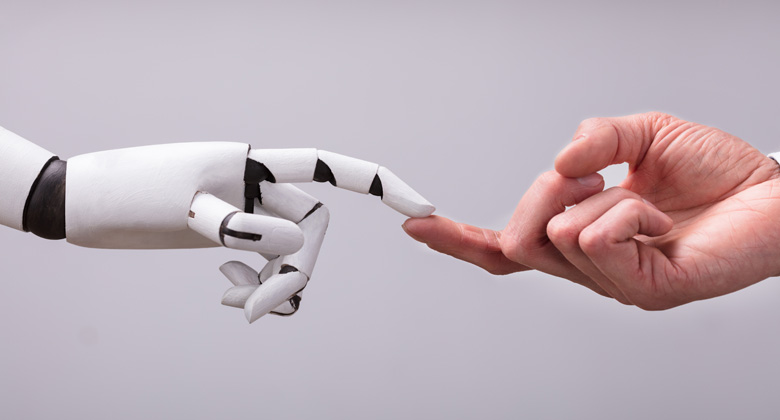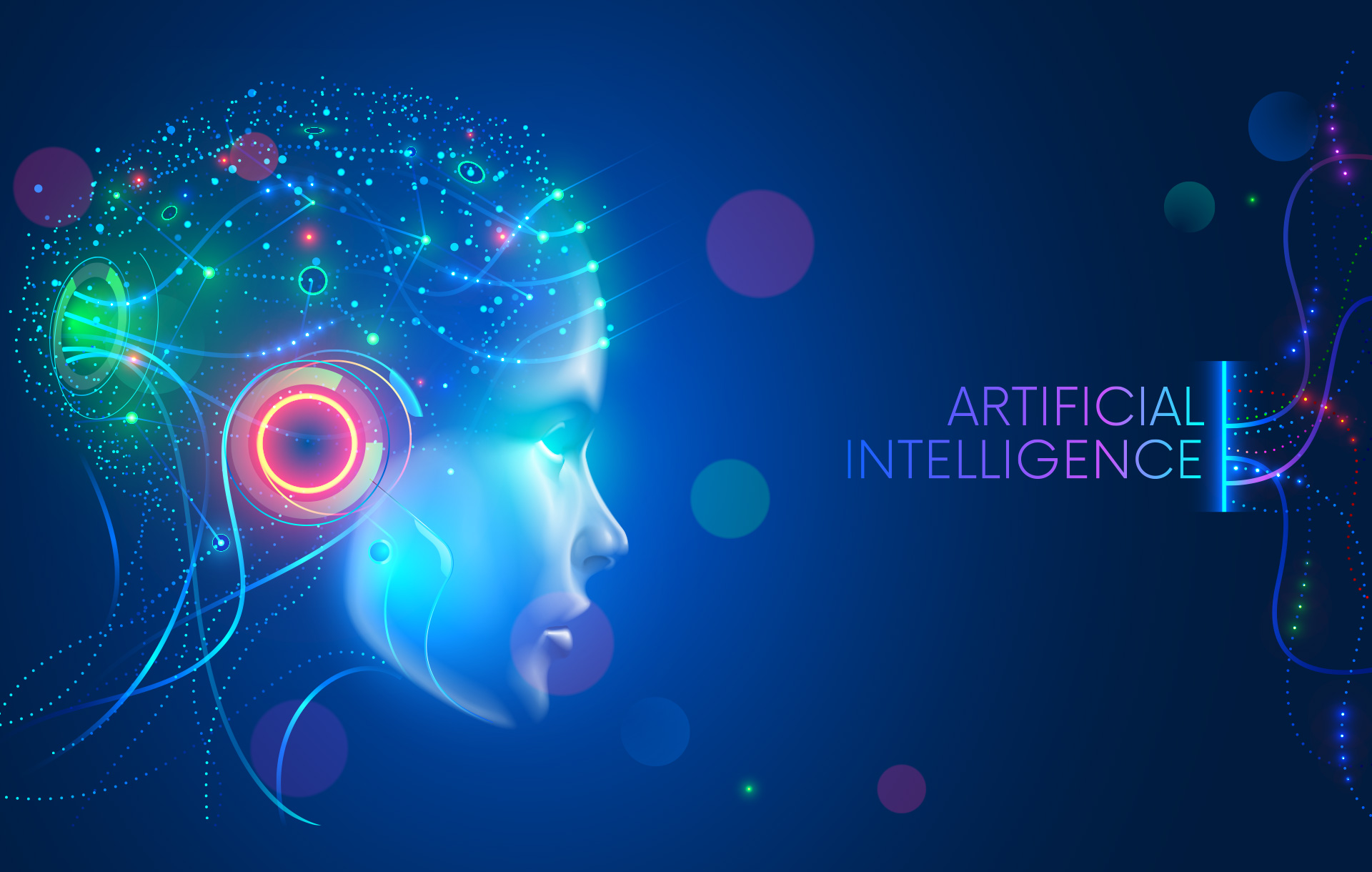AI in content marketing: Is it killing the human-driven creative sector?
The advent of AI in content marketing
Said Stephen Hawking, the most renowned physicist in the world.
From Japan’s robot hotel to armed drones, machines at the helm of almost everything (http://www.theguardian.com/world/2015/jul/16/japans-robot-hotel-a-dinosaur-at-reception-a-machine-for-room-service).
But why are most of us so convinced that robots have this ultimate goal of eliminating every human being in the planet? Is this the outcome of the Hollywood sci-fi extravaganza?
As a matter of fact, other scientists are less wary of the impact of machine learning and AI. The sort of fear might even slow down and stave off further research into AI, which could otherwise be used to improve the world.
But as a human being, we do always visualise the worst about the unknowns. So should we, as content marketers be worried of the rise of AI in content marketing industry? Well, It is a rather mixed picture without any straightforward answer.
A.I. changing the landscape of digital marketing
Better, Faster and Cheaper?
Discreetly, yet most assuredly, AI is transforming the landscape of human-driven content marketing industry.
On the one hand, AI and machine learning are helping companies and marketers get a more profound understanding of their customers. Algorithm AI is much faster at extracting critical information and data and are able to divide a market into much finer segments.
Leading brands such as BMW have already started to make the use of this technology to improve customer experience. Its iGenius technology was used as a part of their advertising campaign to answer customers’ questions via text. It was not only capable of answering a bulk of questions simultaneously, but was also able to remember past questions from every customer.
So machines have proven that customer service can be managed more efficiently than humans. And this implies that companies can save a lot of resources which would otherwise be spent on training new staff. (http://www.marketingmagazine.co.uk/article/1352953/rise-machines-artificial-intelligence-means-marketing)
Machines mastering the art of human communications?
But what’s even more astonishing, is the rise of journalistic AI.
From stock price reports to product reviews, AI such as Natural Language Generation (NLG) machines have been writing stories and articles based on data. What’s more, they are doing this way faster than human writers. Many of us have probably already read stories written by an algorithm without noticing it.
This is a significant breakthrough, considering that language has traditionally been a major obstacle for AI algorithm due to its complex nature and rules.
Is it the end of content marketing?
To be more precise, does this mean the end of human-driven content marketing?
Definitely not.
The bottom line is that content marketing is likely to stay, as consumers will always seek for informative and entertaining content. And AI algorithm seems to be able to produce any content based on any given data much faster, cheaper (and arguably, better) than mankind. That’s seemingly a good news for companies and brands.
Having said that, today’s AI algorithm may be capable of offering ‘objective’ journalistic content, that is mostly based on facts and information. But can they really interpret those into something truly meaningful and unique? (http://www.copyblogger.com/algorithm-writing/)
And more importantly, can machines produce ‘creative’ content?
At the heart of creative content marketing lies human emotion, from both social and moral aspects, which is a subtle and complex thing to codify.
Many successful brand stories, for example, require emotion such as empathy; ‘the desire to help other people’ (http://www.huffingtonpost.com/mitch-causey/9-hollywood-robots-that-w_b_8052006.html). Is it something we can ‘codify’ or summarise into a manual book? Sometimes what makes a story really valuable and original is the writer’s own reflections or experiences. And it is the personal touch that evokes some sort of emotional reactions, which key to successful content marketing.
The art of storytelling is also about making the connection to other aspects of life to make the content more ‘relevant’. So, can AI agents leverage ‘personalities’ to create captivating stories? As a self-proclaimed content marketer, my views are clearly biased. (As you can also guess by now, I am not even remotely an expert in the AI subject.)
The most plausible future would be… machines producing basic fact-based content while human writers give the final touch by adding the ‘colour’.
But the technology will keep evolving. At least what I am sure is that it would take years until machines actually can incorporate human emotion and creativity (phew). So probably the content marketing communities around the world don’t have to panic now.
Pepper, the world’s first emotional robot:
Appnova is a digital agency specializing in web design, UX, eCommerce, branding, digital marketing and social media.
Keep following us on Twitter @appnova and “like” us on Facebook for useful news and tasteful digressions about geeky stuff.
Subscribe To Us
Contributors
Categories
Subscribe To Us
Contributors
Categories

This website uses cookies so that we can provide you with the best user experience possible. Cookie information is stored in your browser and performs functions such as recognising you when you return to our website and helping our team to understand which sections of the website you find most interesting and useful. Third party cookies such as Google Analytics is also used on this site to provide analytics in order to better understand the user engagement on our site.
You can adjust all of your cookie settings by navigating the tabs on the left hand side.
Strictly Necessary Cookie should be enabled at all times so that we can save your preferences for cookie settings.
If you disable this cookie, we will not be able to save your preferences. This means that every time you visit this website you will need to enable or disable cookies again.







0.Comments